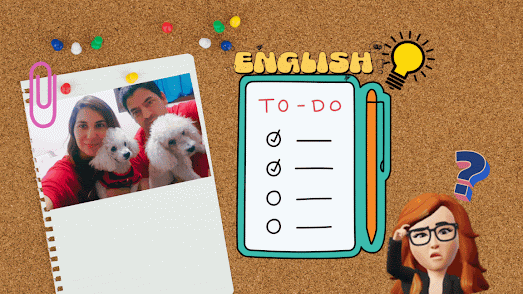My Brief English Tips: Gerund vs. Infinitive Verbs
Hello Everyone!
When I began talking and writing in English I encountered
challenges in using infinitive and gerund verb in English. Consequently, I
decided to study and practice the various ways it. So, I've decided to share what
I've learned with you.
- A verb in gerund form (ending in -ing) focuses on the action itself.
- A verb in infinitive form (to + verb) doesn’t focus on the action but rather on the possibility or intention of performing it.
- Verbs often take the infinitive form when preceded by certain verbs, such as "want," "try," or "need."
- Additionally, when a verb follows a preposition, it typically appears in the gerund form.
- Modal verbs (like "can," "must," "should") are followed directly by the base form of the verb (without "to").
|
Situation |
Verb Form |
Example |
|
After verbs (ex: want, need, try) |
Infinitive |
I want to learn English. |
|
Directly related to the action itself, be it
an activity you enjoy, something you are currently doing, or a skill you
possess. |
Gerund |
I like swimming. |
|
After perception verbs (see, hear, feel) |
Infinitive or gerund |
I saw him leave/leaving. |
|
After modal verbs (can, must...) |
Infinitive without
"to" |
I can swim. |
|
Is not directly related to an action in progress,
but rather to an idea, a goal, a desire or a possibility. |
infinitive |
It's easy to learn English. |
|
verbs in a continuous sentence |
gerund |
I'm learning English |
|
After prepositions |
gerund |
|
.gif)

.gif)




Comments
Post a Comment